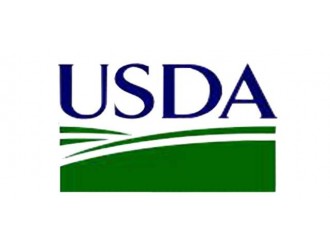经过评估,专家小组认为在建议的使用条件下该添加剂对消费者和环境是安全的。部分原文报道如下:
Following a request from the European Commission, EFSA was asked to deliver a new scientific opinion on the coccidiostat halofuginone hydrobromide (STENOROL®) when used as a feed additive for chickens for fattening and turkeys for fattening/reared for breeding. The Panel on Additives and Products or Substances used in Animal Feed (FEEDAP) concludes that the safety for turkeys for fattening established in its previous opinion can be extended to turkeys for breeding up to 12 weeks of age. based on the new data provided on the safety for consumer, environment and efficacy, the Panel updates its previous conclusions as follows: halofuginone hydrobromide is not genotoxic. Applying an uncertainty factor of 100 to the lowest no observed adverse effect level (NOAEL) of 0.03 mg/kg body weight (bw) per day, an acceptable daily intake (ADI) of 0.3 μg halofuginone/kg bw is established. The chronic exposure of consumers to residues of halofuginone would amount to 6–19% of the ADI after 3 days of withdrawal. Therefore, the Panel considers that the additive is safe for the consumer of tissues obtained from chickens for fattening and turkeys for fattening fed the additive at a maximum level of 3 mg/kg complete feed at a 3-day withdrawal time. For control purposes, the Panel recommends the setting of the following maximum residue limits (MRLs): liver, 50 μg/kg; kidney, 40 μg/kg; muscle, 3 μg/kg; skin/fat, 10 μg/kg wet tissue. based on an updated environmental risk assessment, no concern for groundwater is expected. Halofuginone is unlikely to bioaccumulate and the risk of secondary poisoning is not likely to occur. No safety concerns are expected for terrestrial and aquatic environments. The additive has the potential to control coccidiosis in chickens for fattening and turkeys for fattening/reared for breeding up to 12 weeks of age at a minimum level of 2 mg/kg complete feed.
本文由食品伙伴网食品资讯中心编辑,有任何疑问,请联系news@foodmate.net。












 地区:
地区:






 鲁公网安备 37060202000128号
鲁公网安备 37060202000128号



